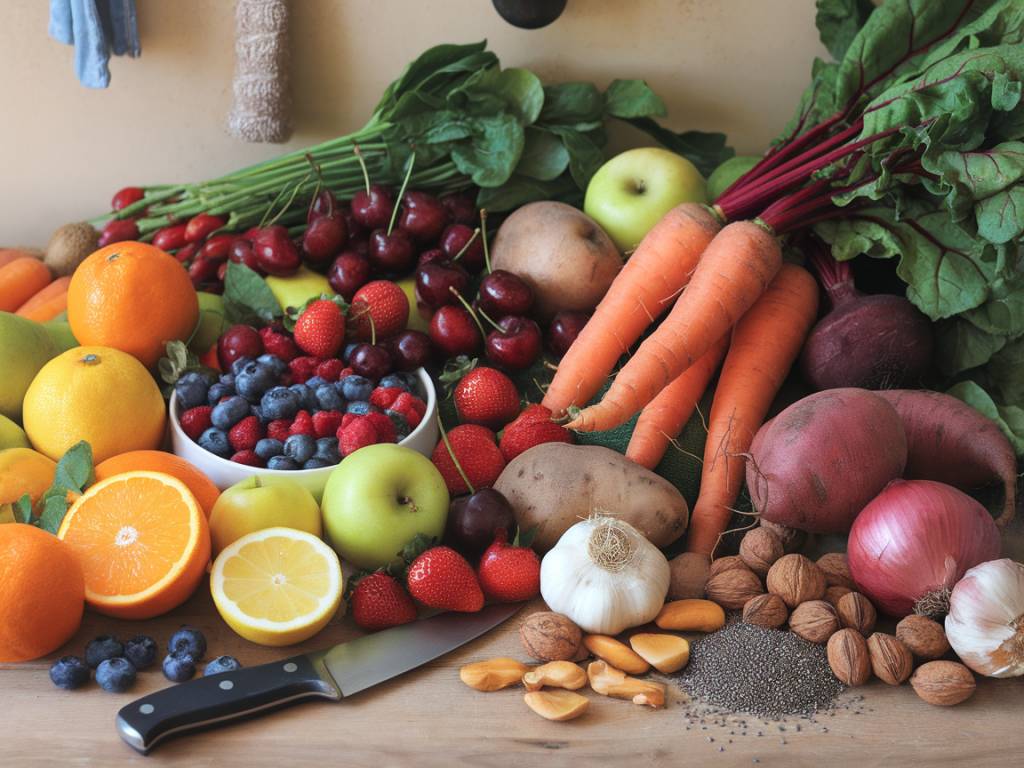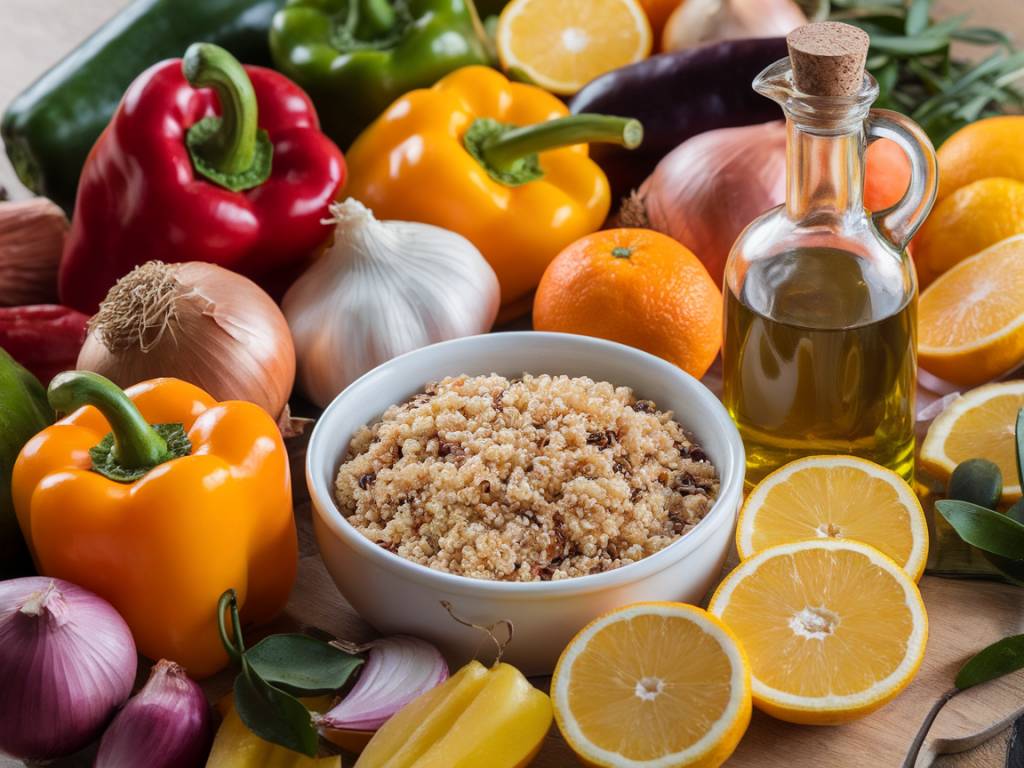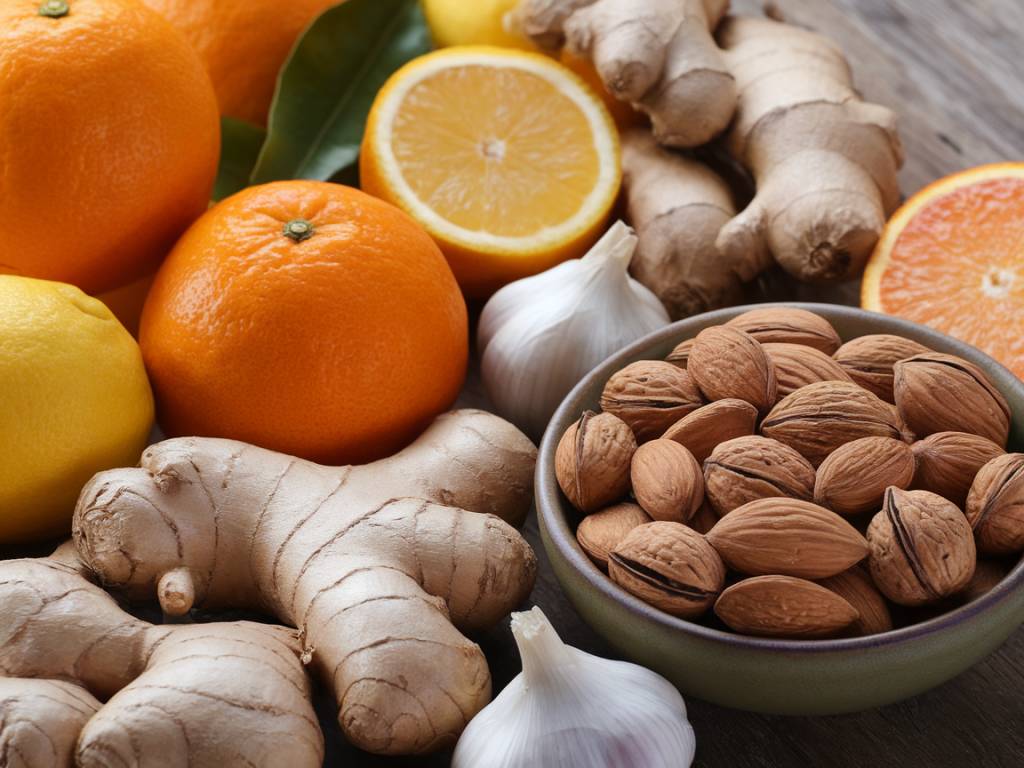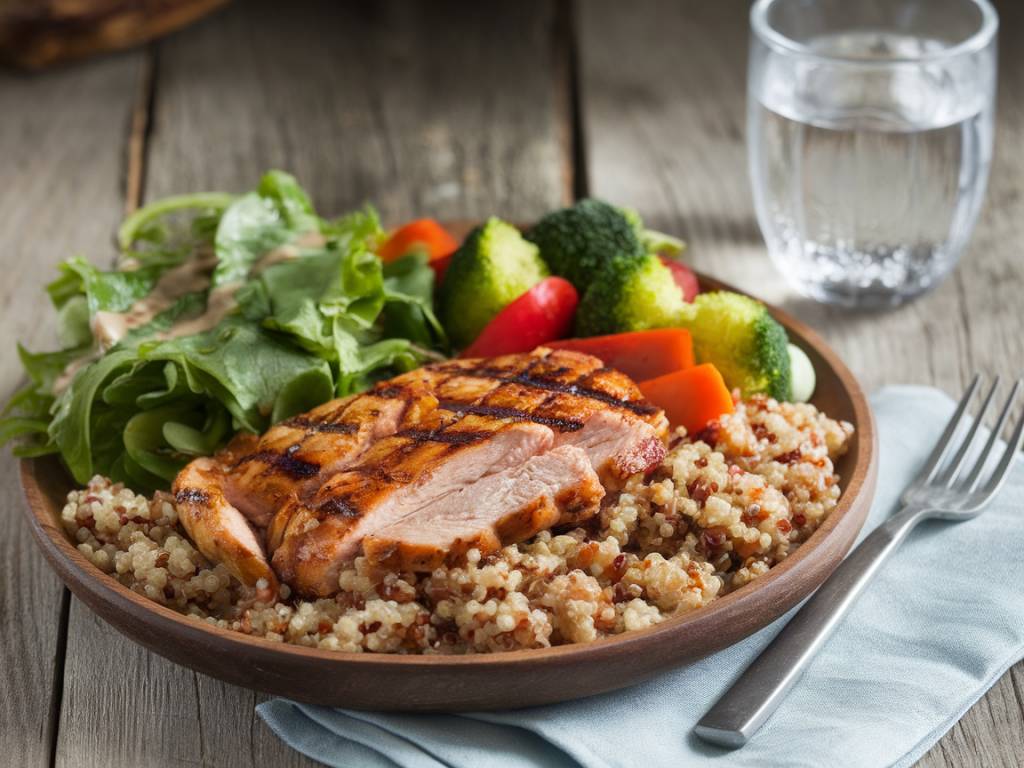Understanding Blood Cancer and the Role of Nutrition
Blood cancer, including leukemia, lymphoma, and myeloma, affects the production and function of blood cells. While medical treatment is crucial, nutrition can play a significant role in maintaining overall health and even supporting conventional therapies. The right food choices can help boost the immune system, reduce inflammation, and improve energy levels. But what should you eat, and what foods should you avoid? Let’s break it down.
Best Foods for Blood Cancer Patients
Nutrition can be a powerful ally in managing blood cancer. Incorporating nutrient-dense foods into your diet can enhance recovery, combat fatigue, and strengthen immunity.
Leafy Greens and Cruciferous Vegetables
Think spinach, kale, broccoli, and Brussels sprouts. These vegetables are packed with vitamins A, C, and K, as well as folate – all essential for cell repair and a robust immune system.
Berries and Antioxidant-Rich Fruits
Blueberries, raspberries, and strawberries contain high levels of antioxidants, such as anthocyanins and vitamin C, that help fight oxidative stress, which can be elevated in cancer patients.
Fatty Fish for Omega-3s
Salmon, mackerel, and sardines are excellent sources of omega-3 fatty acids, which have anti-inflammatory properties that may help reduce cancer-related symptoms and improve overall well-being.
Whole Grains for Energy Support
Foods like quinoa, brown rice, and whole wheat promote sustained energy levels and provide fiber to support digestion, which may be disrupted due to treatments like chemotherapy.
Legumes and Plant-Based Proteins
Lentils, chickpeas, and black beans are great plant-based protein sources. They are rich in folate, fiber, and iron, which can help combat anemia—common in blood cancer patients.
Turmeric and Anti-Inflammatory Spices
Curcumin, the active ingredient in turmeric, has been widely studied for its anti-inflammatory and potentially anti-cancer properties. Adding turmeric to meals or consuming it in teas could be beneficial.
Foods to Avoid for Better Health
Just as some foods can help, others can hinder recovery or worsen side effects. Here are some foods you might want to limit or eliminate.
Processed and Red Meats
High consumption of processed meats like sausages, bacon, and deli meats has been linked to increased inflammation and higher cancer risks. If you eat meat, opt for lean, organic options.
Refined Sugars and Sweets
Sugar can contribute to inflammation and rapid blood sugar spikes. Excessive consumption of sweets, sodas, and pastries can weaken the immune system and lead to energy crashes.
Alcohol
Excess alcohol consumption can suppress immune function and lead to dehydration, which is particularly harmful when managing cancer-related symptoms or treatments.
Ultra-Processed Foods
Fast food, packaged snacks, and processed meals often contain artificial additives, preservatives, and unhealthy fats, all of which can negatively impact gut health and inflammation levels.
High-Sodium Foods
Excess sodium from canned or processed foods can lead to water retention and high blood pressure, which is not ideal for patients undergoing treatment.
Hydration: An Essential Part of the Equation
Staying hydrated is often overlooked but is crucial for patients managing blood cancer. Water helps flush out toxins, supports digestion, and prevents dehydration caused by treatment side effects. Aim for 8-10 glasses of water per day, and consider adding herbal teas or coconut water for variety.
Dietary Tips for Managing Symptoms
Beyond choosing the right foods, adopting smart eating habits can help manage cancer-related symptoms.
- Small, Frequent Meals: Loss of appetite is common, so eating smaller portions throughout the day can ensure steady nutrient intake.
- Soft and Easy-to-Digest Foods: If undergoing chemotherapy, softer foods like smoothies, soups, and oatmeal can be easier on the digestive system.
- Avoiding Irritants: Spicy or acidic foods may worsen mouth sores, a common treatment side effect.
- Personalized Nutrition: Working with a registered dietitian can help you tailor your diet to your specific needs and treatment plan.
Final Thoughts
Nutrition alone cannot cure blood cancer, but the right food choices can enhance well-being, optimize energy levels, and support overall health. Opting for anti-inflammatory, nutrient-rich foods while avoiding processed and sugary items is a simple yet impactful way to complement medical treatment. When in doubt, consult with a nutritionist or healthcare provider to develop a personalized eating plan that works for you.
Have you made any dietary changes that have positively impacted your well-being during treatment? Share your thoughts in the comments below!



